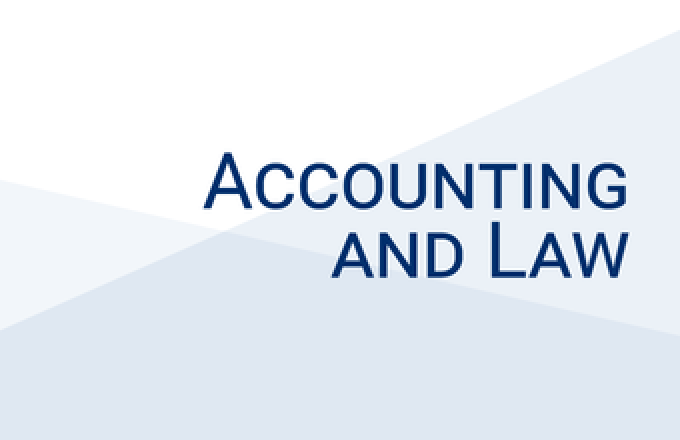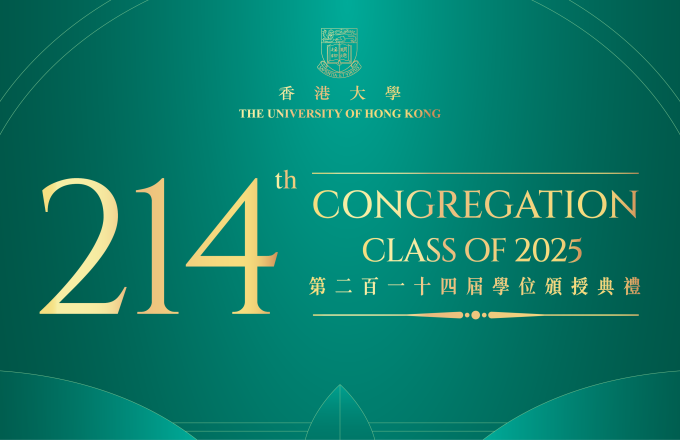Contest Design in Product Development: the Role of Moral Hazard and Adverse Selection
Dr. Yimin Yu
Associate Professor
Department of Management Sciences
City University of Hong Kong
Contest is widely adopted in product development to boost success likelihood. In this paper, we investigate the optimal contest design in the presence of moral hazard and adverse selection on private market conditions.
We build a stylized principal-agent model where the firm aims to incentivize the managers to exert effort and truthfully reveal unfavorable market conditions. We consider three popular types of contest: winner-takes-all, reward-sharing and Tullock under two different scenarios: terminating or continuing investment in projects under unfavorable market conditions.
We provide the optimal contract under each contest and compare the three types of contest on their profitability and ability in addressing adverse selection. Contrary to our intuition and the extant literature, we find that winner-takes-all contest is dominated by reward-sharing contest and by Tullock contest when the project return gap is small in terms of both profitability and the ability in addressing adverse selection. Consistent with empirical evidence, we find that it is optimal for the firm to introduce contest instead of relying on a single project under high project uncertainty. Our results provide new explanations on the popularity of reward-sharing and Tullock contests in product development and underscore the importance of moral hazard and adverse selection on the contest design.














